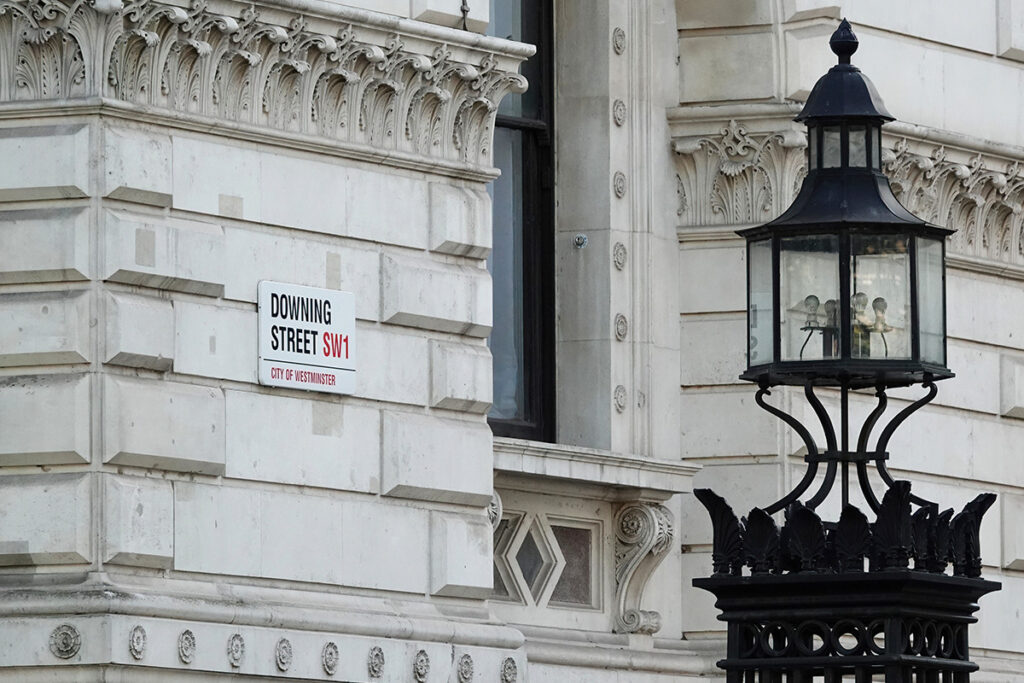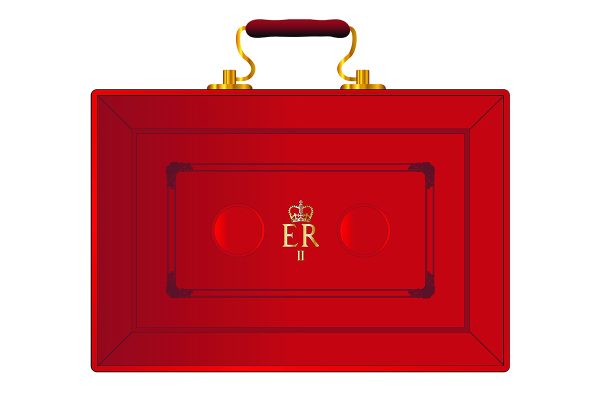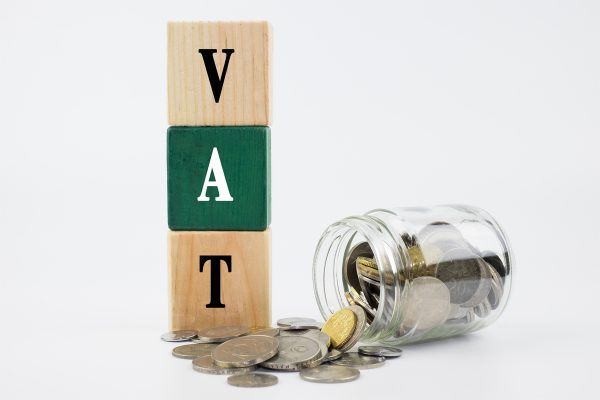In the September Mini Budget announced today by Chancellor Kwasi Kwarteng there were an extraordinary number of tax cuts announced coupled with previous tax increases cancelled. This marks a change in Government policy where taxing is lowered with the hope that this will increase growth.
We always know the September Mini Budget would have to tackle rising energy costs and this along with other measures previously announced were expected, but the financial statement today went much much further than anyone expected.
Before we get to the good news of what the government is giving you, the bad news is that Interest Rates will continue to rise and you’ll still be paying more than a year ago for your energy costs. Now for the good news:
September Mini Budget
Energy
The average household energy bill will rise to £2500 from the 1st of October, around £1000 less than expected. This energy price guarantee will last two years.
The one off £400 fuel bill discount (paid monthly at around £67 for six months) will still go ahead.
This represents about £1400 protection from the expected ~£3500 bills from October where were predicted to rise to ~£6500 in January. Vulnerable households will receive additional payments, taking their total savings this year to £2,200.
The Energy Bill Relief Scheme will reduce wholesale gas and electricity prices for all UK businesses, charities, and the public sector like schools and hospitals.
An Energy Markets Financing Scheme, delivered with the Bank of England, this scheme will provide a 100% guarantee for commercial banks to offer emergency liquidity to energy traders to prevent otherwise stable energy companies from going bust.
Inflation
The government expects the Energy package to reduce inflation by around 5%. However Interest Rates, which rose again by an additional 0.5% yesterday, are still expected to rise further in the coming months.
Income Tax & NI
The basic rate of income tax will be cut from 20% to 19% from April 2023
The higher rate of income tax of 45% for those earning over £150k will be abolished, 40% will be the highest tax rate for everyone.
The 1.25% National Insurance Rate rise will be scrapped from the 6th of November. This will benefit both employees and employers who also have been paying higher rates. The Health and Social Care Levy to pay for the NHS will not be introduced but be funded out of general taxation.
Rules limiting Bankers Bonuses will also be scrapped. The Government says it hasn’t worked and that all the bonus cap did was to push up the basic salaries of bankers, or drive activity outside Europe.
Universal Credit
With more vacancies than unemployed people to fill them, the Chancellor wants to encourage people to join the labour market. 120,000 more people on Universal Credit will be asked to take active steps to seek more and better paid work, or face having their benefits reduced, with extra support for unemployed over-50s.
What this means in practise is that those working 15 hours a week at the minimum wage need to ask for more hours, or new higher paid jobs (previously this was 12 hours per week). Working minimal hours as a means to qualifying for government assistance isn’t going to be tolerated – these Universal Credit claimants will be expected to look for work opportunities to increase their earnings and meet regularly with a work coach.
We will make work pay by reducing people’s benefits if they don’t fulfil their job search commitments.
– Chancellor Kwasi Kwarteng
There are two aims – as people earn more their Universal Credit claims go down, and employers need them to fill job vacancies to power the economy.
Corporation Tax
The planned rise in Corporation Tax from 19% to 25% has been cancelled.
The Annual Investment Allowance, which gives 100% tax relief on investments in plant and machinery, will not fall to £200,000 as planned and will remain at £1m.
Stamp Duty
The first £250,000 of a property’s value will no longer attract Stamp Duty (up from £125,000).
First time buyers currently pay no stamp duty on the first £425,000, increased from £300,000 and the value of the property on which first time buyers can claim relief increases from £500,000 to £625,000.
Strikes
The government has had enough of strikes, especially in the transport sector. Legislation will be introduced to require all unions to put pay offers to a member vote, to ensure strikes can only be called once negotiations have genuinely broken down.
Investment Zones
38 Infrastructure and Investment Zones have already been identified. For ten years, there will be:
- Accelerated tax reliefs for structures and buildings.
- 100% tax relief on qualifying investments in plant and machinery.
- On purchases of land and buildings for commercial or new residential development, there will be no stamp duty to pay whatsoever.
- On newly occupied business premises, there will be no business rates to pay whatsoever.
- And if a business hires a new employee in the tax site, then on the first £50,000 they earn the employer will pay no National Insurance.
VAT
VAT Free shopping for overseas visitors will be introduced with the old paper-based system replaced with a modern, digital one.
Planned increases in the duty rates for beer, for cider, for wine, and for spirits will all be cancelled










One Response
TL;DR: Man selected as chancellor by woman chosen to run the UK by 0.2% of the population gives tax breaks to 0.2% of the population